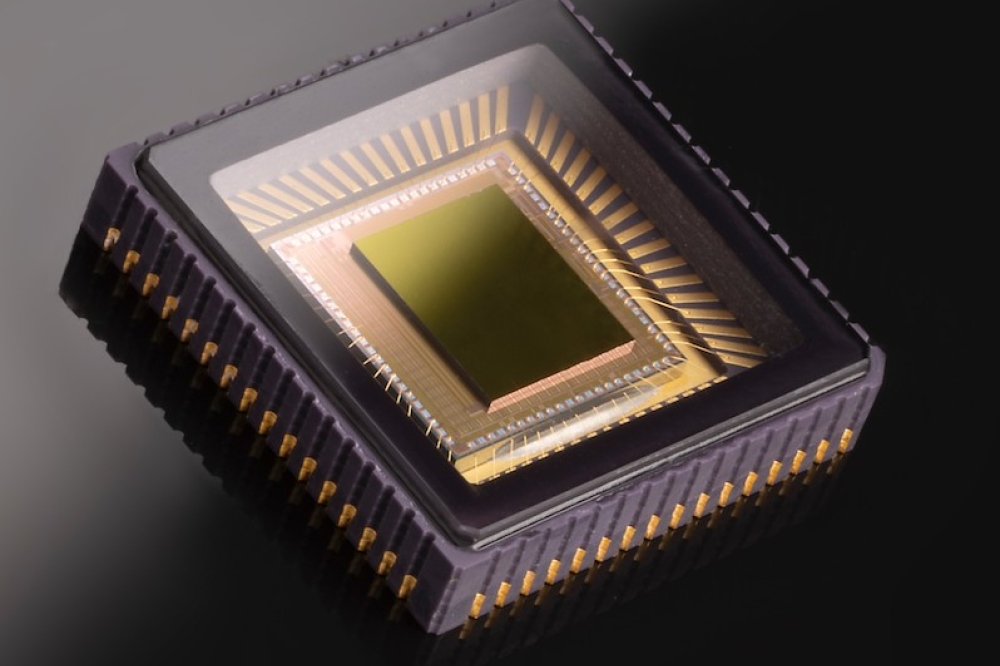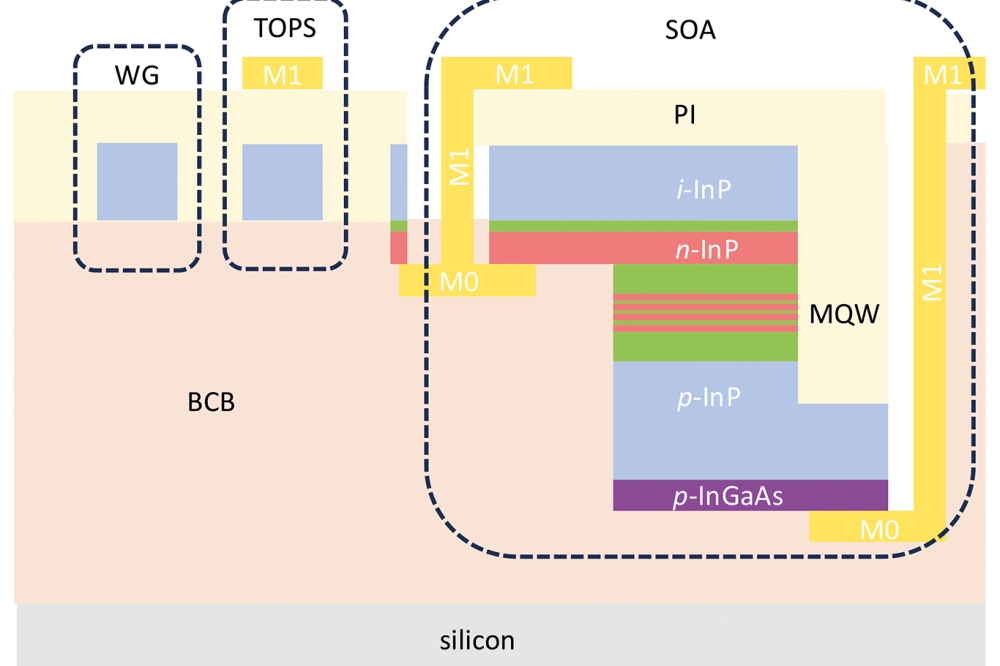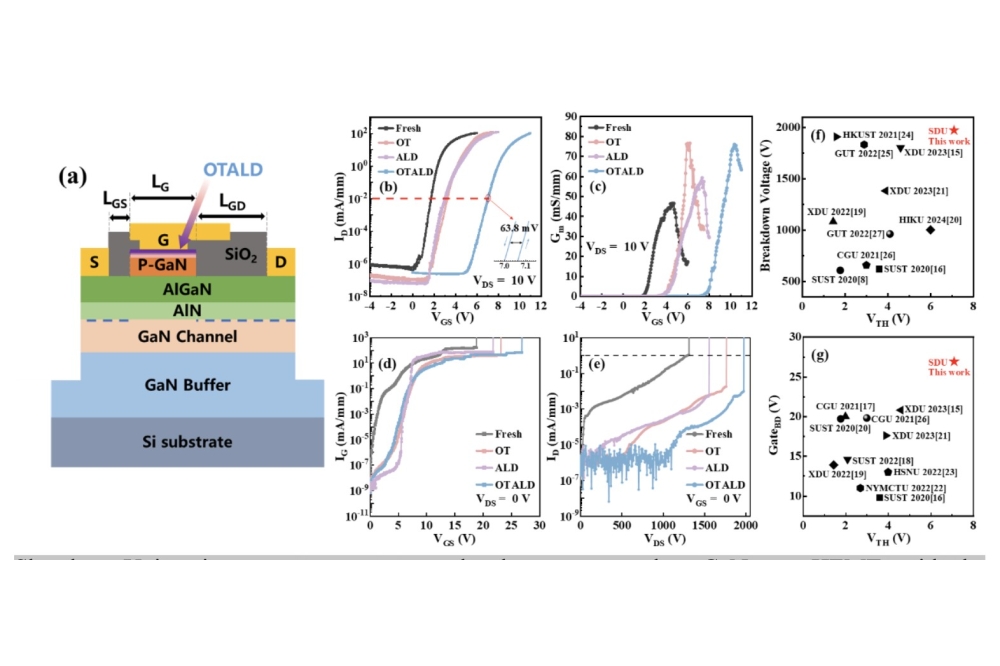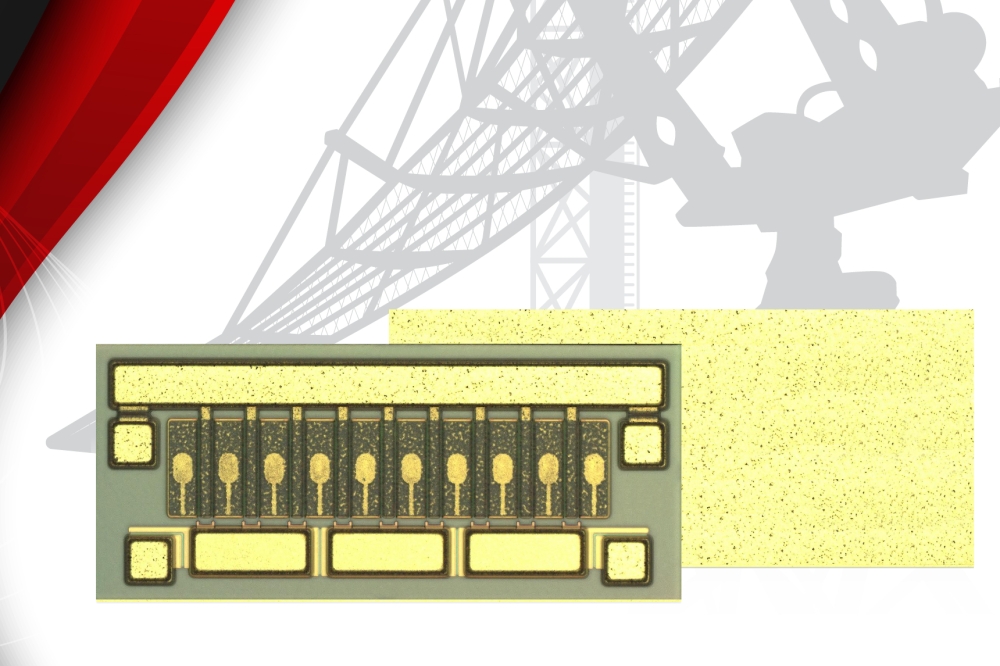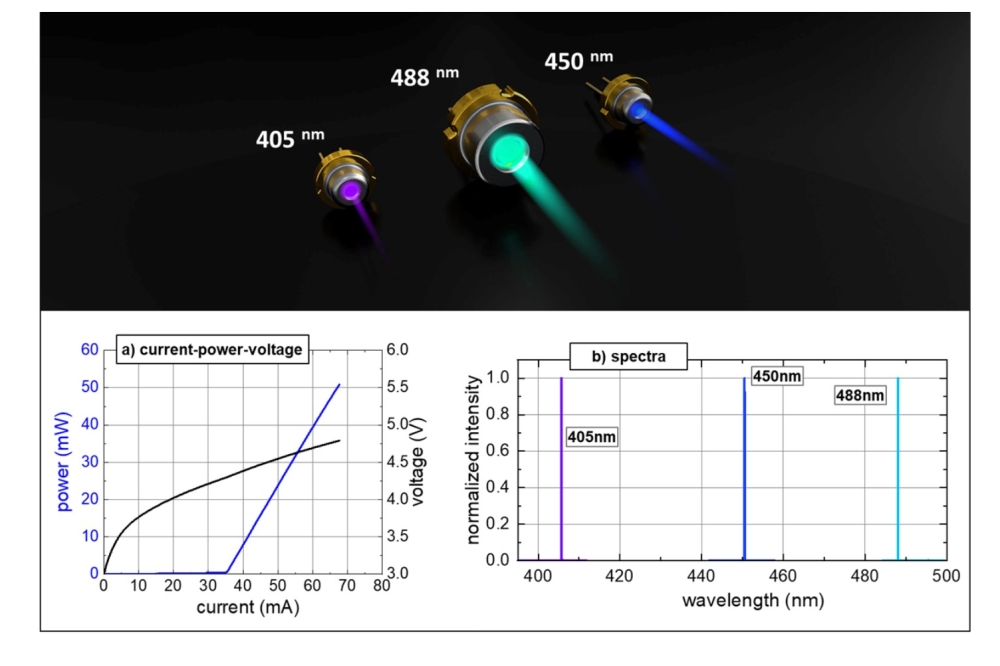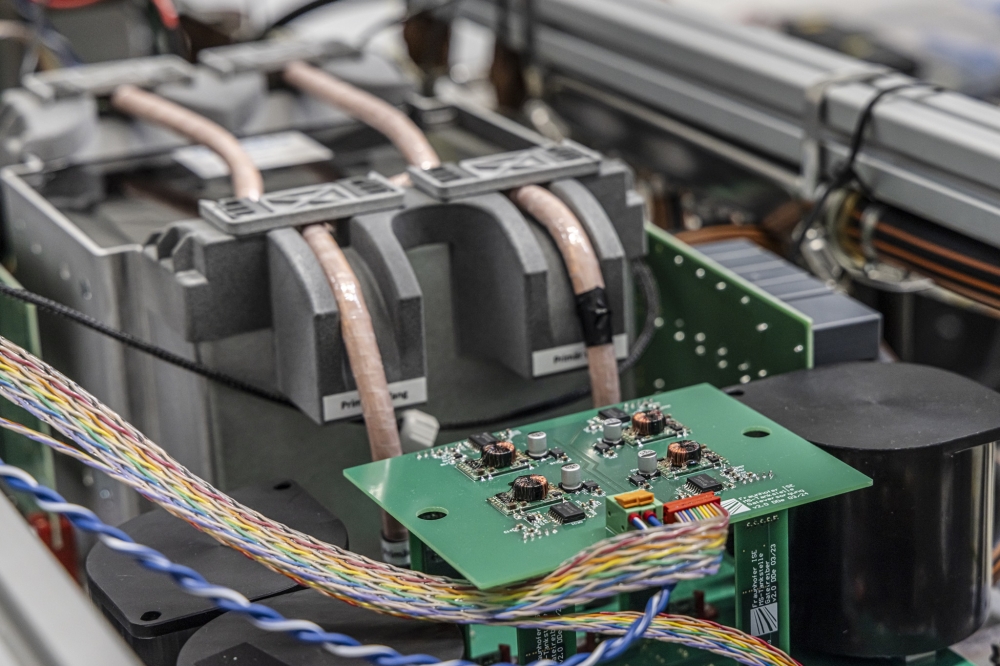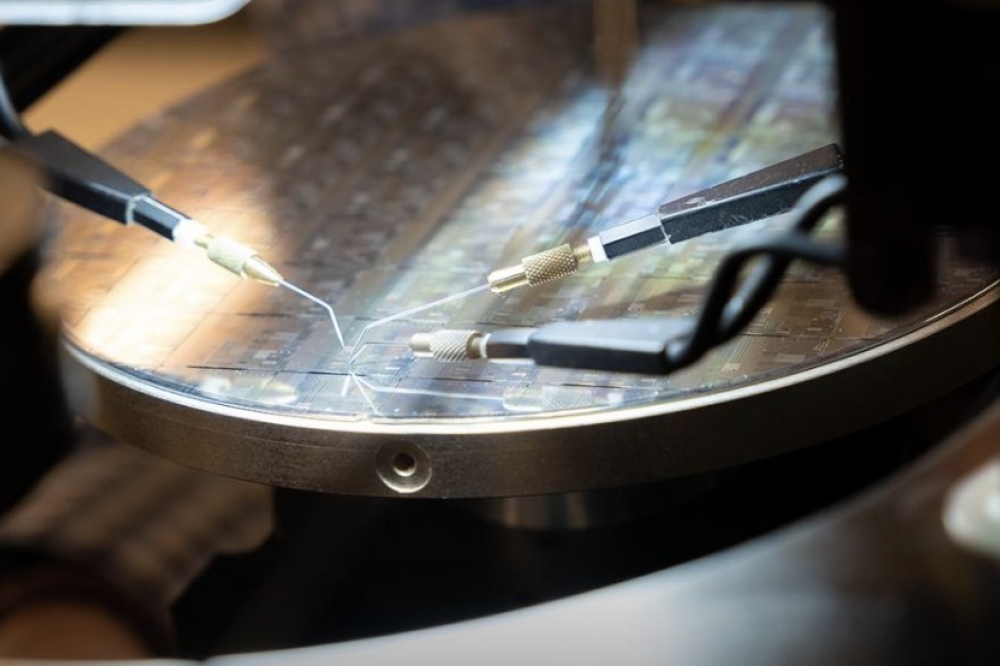UK start-up secures £4M for antimony-based LiDAR chip

New architecture is 10x more sensitive and with 50 percent more range compared to equivalent sensors
Phlux Technology, a University of Sheffield spin-out based in one of the world’s leading centres for III-V semiconductor research, has secured £4 million in seed funding to bring its antimony-based infrared sensors to the mass market.
The round was led by Octopus Ventures and included Northern Gritstone, the Foresight Williams Technology Funds and the Innovation Fund, as well as receiving funding from Innovate UK.
Phlux' patented approach to infrared sensors is said to dramatically improve their performance in LIDAR. The new architecture is 10x more sensitive and with 50 percent more range compared to equivalent sensors, reducing the cost of manufacture of LIDAR sensors and opening up mass market adoption.
Phlux Technology was founded by Ben White, CEO, Jo Shien Ng and Chee Hing Tan, who met at Sheffield University where they researched novel semiconductor materials and devices for infrared detection.
Unlike Moore’s Law for semiconductors which predicts performance improvement every 18 months, infrared sensors (InGaAs) have reached a plateau in terms of performance.
Having studied alternatives for more than 10 years, the founders identified Antimony as a material capable of revolutionising the LIDAR sensor market. It opens access to the 1550nm infrared space, offering higher sensitivity and capacity as it operates in the ‘eye safe’ region of the electromagnetic spectrum. Well over 1,000 times more photons can safely be launched compared to silicon compatible emitters, enabling Antimony based sensors to see further, with greater pixel density at a mass market cost.
“Phlux Technology is a fantastic example of the exciting new generation of science and technology businesses in the North of England turning research into reality,” Duncan Johnson, CEO, Northern Gritstone. “The company’s innovative approach demonstrates how world beating technology, with the potential to change entire industries, is emerging from the Sheffield, Leeds and Manchester triangle. Northern Gritstone exists to support and supercharge businesses like Phlux.”
“Our ambition is to become the Nvidia of the sensor market, starting off with delivering the world’s first LIDAR sensor chip using Antimony,” said Ben White, CEO and co-founder. “Industry will never achieve full autonomy with LIDAR if it relies on silicon-based sensors, so our approach will reshape the sensor market for robotics and self-driving machines. We are delighted to be spinning Phlux out of Sheffield University at a time when it has ambitious plans to become a global centre of excellence for semiconductor research and the UK is looking to demonstrate its capabilities as a global science superpower.”























